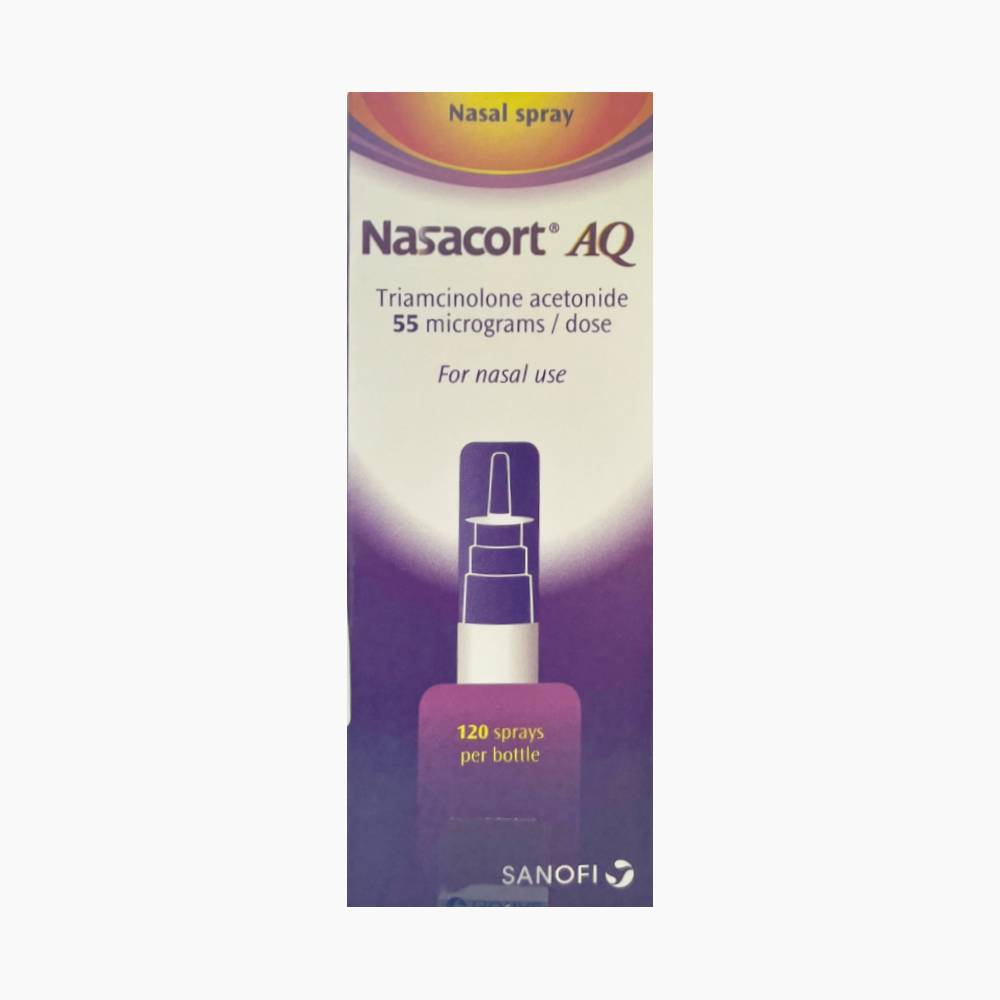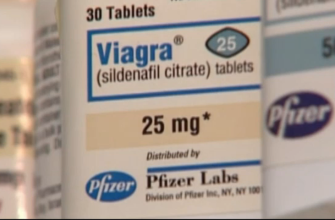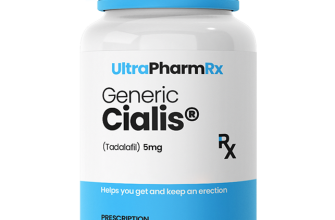For those seeking relief from allergies or erectile dysfunction, Nasacort, Flonase, and Levitra provide actionable solutions. These prescription drugs, tailored for specific conditions, can make a significant difference in daily life. Nasacort and Flonase serve as effective nasal sprays designed to combat nasal symptoms related to allergic rhinitis, while Levitra is a go-to option for managing erectile dysfunction.
Nasacort is an aerosol spray that minimizes inflammation in the nasal passages, offering relief from congestion, sneezing, and itchiness. Ideal for those suffering from seasonal or year-round allergies, it works well when used consistently. Flonase, another popular nasal corticosteroid, functions similarly, reducing inflammation and providing comfort to individuals with allergy symptoms. Both options are well-tolerated and can be integrated easily into daily routines.
On the other hand, Levitra focuses on male erectile dysfunction. This medication enhances blood flow to the penis, supporting the achievement of an erection during sexual stimulation. With a quick onset of action, it allows for timely enjoyment of intimate moments. To maximize its benefits, adherence to dosing instructions is critical.
Each of these drugs comes with its own set of potential side effects and interactions. Consulting with a healthcare provider ensures the chosen option aligns with individual health needs and lifestyle. Through informed choices, managing allergies or erectile dysfunction becomes straightforward and effective.
- Nasacort AQ, Flonase, and Levitra: A Comprehensive Guide to Prescription Drugs
- Understanding Nasacort AQ: Uses and Benefits
- Flonase: Mechanism of Action and Indications
- Mechanism of Action
- Indications
- Levitra: When is it Prescribed and How It Works
- Comparing Nasacort AQ and Flonase: Which is Right for You?
- Potential Side Effects of Nasacort AQ, Flonase, and Levitra
- Side Effects of Levitra
- Managing Side Effects
- Interactions with Other Medications: Important Considerations
- Dosage Guidelines: How to Use These Prescription Drugs Safely
- Key Considerations
- Safety Tips
- Consultation with Healthcare Providers: What to Discuss
- Medication History
- Additional Health Considerations
Nasacort AQ, Flonase, and Levitra: A Comprehensive Guide to Prescription Drugs
Nasacort AQ effectively relieves nasal allergy symptoms such as congestion, sneezing, and runny nose. This corticosteroid spray works by reducing inflammation in the nasal passages. It’s important to use it regularly for optimal results. Administer two sprays in each nostril once daily, and remember to shake the bottle before use. Patients should be aware that some might experience side effects like nasal irritation or headache.
Flonase, another nasal spray, is also beneficial for managing allergy symptoms. It contains fluticasone propionate, which also tackles inflammation and helps with nasal congestion and itchy eyes. For adults, the typical dosage involves one or two sprays in each nostril once daily. Flonase may take a few days to show full effects, so consistent use is key. Side effects can include nasal bleeding and sore throat.
Levitra works differently as a treatment for erectile dysfunction. The active ingredient, vardenafil, enhances blood flow to the penis during sexual arousal. Taking Levitra about 60 minutes before sexual activity maximizes its effectiveness, allowing for spontaneous intimacy. Dosing can range from 5 mg to 20 mg, depending on individual response and tolerability. Common side effects include headache, flushing, and nasal congestion, similar to those found with nasal sprays.
Consult with a healthcare provider before starting these medications. Discuss any pre-existing health conditions and current medications to prevent adverse interactions. Regular follow-ups can ensure the most effective use of these treatments while monitoring for side effects. Always store these medications as directed, away from moisture and heat, to ensure their effectiveness.
Understanding Nasacort AQ: Uses and Benefits
Nasacort AQ is a nasal spray specifically designed to alleviate allergy symptoms such as nasal congestion, sneezing, and runny nose. It contains the active ingredient triamcinolone acetonide, which is a corticosteroid that reduces inflammation in the nasal passages.
This medication is effective for seasonal allergic rhinitis, often triggered by pollen, and perennial allergic rhinitis, caused by dust mites or pet dander. Patients can expect significant relief from symptoms after regular use, typically within a few days. For optimal results, it is important to use Nasacort AQ consistently as directed, even if symptoms improve quickly.
In addition to immediate symptom relief, long-term use of Nasacort AQ can help control chronic nasal inflammation, preventing the escalation of allergy-related issues. It is non-addictive and does not cause sedation, making it a favorable option for those needing ongoing management of allergy symptoms.
For best results, shake the bottle well before each use and aim for proper nasal spray technique. This maximizes the drug’s reach and effectiveness within the nasal passages.
Consult a healthcare provider if experiencing persistent symptoms or if considering use for children under the age of two. Adjustments in dosage may be necessary based on individual health profiles and specific situations.
Flonase: Mechanism of Action and Indications
Flonase, or fluticasone propionate, acts as a corticosteroid nasal spray. It effectively reduces inflammation in the nasal passages, providing relief from allergy symptoms. Upon administration, Flonase binds to specific receptors in the nasal mucosa, leading to decreased production of inflammatory mediators.
Mechanism of Action
When Flonase is sprayed into the nose, it inhibits the release of substances that cause inflammation and swelling, such as histamines and leukotrienes. This action directly minimizes nasal congestion, sneezing, and runny nose. Regular use ensures optimal control of symptoms due to its long-lasting effects.
Indications
- Seasonal allergic rhinitis: Flonase effectively alleviates symptoms caused by pollen and other seasonal allergens.
- Perennial allergic rhinitis: It helps manage symptoms triggered by dust mites, pet dander, and mold throughout the year.
- Nasal polyps: Flonase reduces size and inflammation of nasal polyps, easing related symptoms.
Regular use can provide significant improvement in quality of life for individuals suffering from these conditions. For optimal results, follow your healthcare provider’s instructions regarding dosage and administration.
Levitra: When is it Prescribed and How It Works
Levitra is commonly prescribed for the treatment of erectile dysfunction (ED). It helps men achieve and maintain an erection after sexual stimulation. This medication is particularly beneficial for those who have difficulty obtaining an erection due to various underlying health conditions, such as diabetes or cardiovascular issues.
Here’s how Levitra works:
- Levitra contains the active ingredient vardenafil, which inhibits the enzyme phosphodiesterase type 5 (PDE5). This action increases blood flow to the penis.
- Enhanced blood flow is triggered by sexual arousal, allowing for a firm erection.
- The medication usually takes effect within 30 to 60 minutes and lasts for up to five hours, providing a window for sexual activity.
It’s crucial to follow these recommendations when using Levitra:
- Consult with a healthcare professional to ensure that Levitra is suitable, especially if you have a history of heart problems or are taking other medications.
- Take Levitra as prescribed, typically one tablet per day, without exceeding the recommended dose.
- Avoid consuming alcohol in large quantities, as it may diminish the medication’s effectiveness.
- Refrain from taking nitrates or other medications used for chest pain while using Levitra, as this combination can lead to severe drop in blood pressure.
Levitra provides an option for those seeking treatment for ED, helping to restore confidence and intimacy in relationships. Regular follow-ups with a healthcare provider will ensure safe and effective use of the medication.
Comparing Nasacort AQ and Flonase: Which is Right for You?
If you suffer from nasal allergies, both Nasacort AQ and Flonase offer relief, but they have distinct characteristics. Nasacort AQ is often recommended for adults and children aged 2 and older. It contains the active ingredient triamcinolone, a steroid that reduces inflammation and allergy symptoms effectively.
Flonase, on the other hand, uses fluticasone propionate, making it suitable for adults and children aged 4 and older. It provides comprehensive allergy symptom relief, including congestion, by acting on several inflammatory pathways.
When deciding between the two, consider your specific symptoms. Nasacort AQ is excellent for reducing nasal congestion and postnasal drip. Flonase excels in treating a broader range of allergy symptoms, including itchy and watery eyes, due to its multi-action formula.
Dosage also differs. Nasacort AQ typically requires one spray per nostril once daily. Flonase may start with two sprays per nostril, reducing to one after achieving control. Adhering to these recommendations can enhance your experience with either medication.
Side effects exist for both products. Nasacort AQ may cause nasal irritation or headaches. Flonase can lead to similar symptoms but may also result in nosebleeds due to its formulation. Pay attention to how your body reacts and consult your doctor if side effects persist.
Consult your healthcare provider to find out which option best fits your needs. Both medications are available without a prescription, making them easily accessible for allergy relief. Assess your symptoms, consider the age recommendations, and choose the medication that aligns with your lifestyle and health requirements.
Potential Side Effects of Nasacort AQ, Flonase, and Levitra
Both Nasacort AQ and Flonase can lead to nasal irritation, including burning, dryness, or bleeding. Some users experience headaches or changes in taste and smell. Rare side effects may include weight gain and increased eye pressure. It’s advisable to monitor for any signs of allergic reactions, such as rash or difficulty breathing.
Side Effects of Levitra
Levitra primarily affects the vascular system, and common side effects include headaches, flushing, and nasal congestion. Some men report back pain or muscle aches. Rare but serious side effects encompass sudden vision loss or an erection lasting longer than four hours. If you encounter these symptoms, seek medical help immediately.
Managing Side Effects
To alleviate mild side effects associated with Nasacort AQ and Flonase, consider using a saline nasal spray to maintain moisture. For Levitra, avoid alcohol to minimize the risk of increased side effects. Always consult a healthcare professional if symptoms persist or worsen, ensuring appropriate action and adjustments to your treatment plan. Regular follow-ups can aid in managing any arising issues effectively.
Interactions with Other Medications: Important Considerations
Consult your healthcare provider before combining Nasacort AQ or Flonase with other medications. Both nasal corticosteroids can interact with certain drugs, potentially altering their effectiveness or increasing side effects.
When using Flonase, check for interactions with medications that suppress the immune system, such as systemic corticosteroids or other immunosuppressants. Combining these can amplify the risk of infection.
Nasacort AQ may enhance the effects of anticoagulants, such as warfarin. Monitor your INR levels closely if you’re taking these together to avoid complications.
Be cautious with certain antifungal medications like ketoconazole. They may increase the blood levels of Flonase, leading to an elevated risk of systemic side effects. Regularly evaluate your dosage under a doctor’s supervision.
If you are using Levitra alongside these nasal sprays, there is generally low risk of interaction. However, share your full medication list with your doctor to ensure there are no unforeseen complications.
Maintain regular communication with your healthcare team regarding any new or existing medications. They can provide tailored advice and adjustments based on your specific needs and health conditions.
Dosage Guidelines: How to Use These Prescription Drugs Safely
For Nasacort AQ, adults typically start with one spray in each nostril once daily. If symptoms persist, you may increase to two sprays in each nostril daily based on your doctor’s advice. After symptoms improve, you can reduce your dosage back to one spray per nostril.
Flonase is usually administered as two sprays in each nostril once daily. After achieving control of symptoms, you may lower the dosage to one spray in each nostril. Always shake the bottle gently before use and prime it if you haven’t used it in a while.
Levitra dosage often starts at 10 mg taken orally approximately 30 minutes to one hour before sexual activity. Depending on effectiveness and tolerance, your healthcare provider may adjust your dosage to 5 mg or 20 mg. Do not take more than one dose in a 24-hour period.
Key Considerations
Monitor for side effects when using these medications. Side effects of Nasacort may include nasal irritation or a sore throat. Flonase can lead to similar symptoms, as well as potential nosebleeds. Levitra may cause headaches, flushing, or upset stomach. Consult a healthcare professional if side effects persist or worsen.
Safety Tips
Always consult your healthcare provider before starting or changing dosage. Consider any underlying health conditions or medications that may interact with these drugs. Store these medications as directed, away from moisture and heat, and keep them out of reach of children.
Consultation with Healthcare Providers: What to Discuss
Prepare a list of specific symptoms you experience. Describe how these symptoms affect your daily life. Mention any triggers you’ve noticed that worsen your condition. Clearly communicate how often you rely on over-the-counter medications like Nasacort AQ or Flonase for relief.
Medication History
Share your complete medication history, including any prescription drugs or over-the-counter products you currently use. Specify if you have previously used Levitra or similar treatments. Inform your provider about any adverse reactions or side effects you’ve encountered with these medications.
Additional Health Considerations
Discuss any underlying health issues, such as allergies or respiratory conditions. Provide information about any chronic diseases that could influence your treatment plan. If you’re pregnant or planning to become pregnant, mention this, as it may impact medication choices.
| Topic | Details to Discuss |
|---|---|
| Symptoms | Frequency, intensity, and impacts on daily life |
| Medications | Current medications, including over-the-counter and past reactions |
| Health Conditions | Any chronic conditions, allergies, or reproductive health concerns |
Inquire about potential interactions between your current medications and any new prescriptions. Ask your provider for recommendations on lifestyle adjustments that may enhance treatment efficacy. Clarify any concerns about side effects or the duration of treatment before leaving the consultation.






